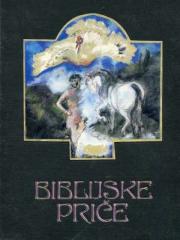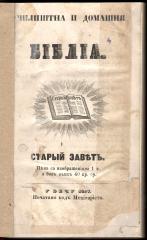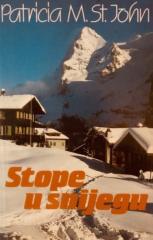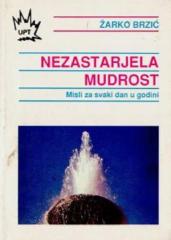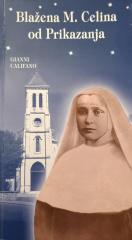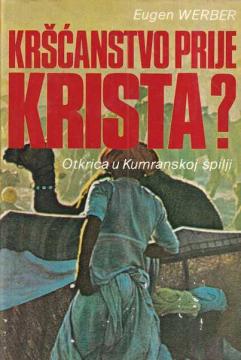
Kršćanstvo prije Krista?
"Kumranski spisi" ili "Svitci s Mrtvog mora" predstavljaju jedno od najvećih otkrića 20. stoljeća, koja navode na reviziju i nekih suviše simplificiranih ateističkih shvaćanja.
U proljeće 1947. godine na području Kumrana (na sjeverozapadnoj obali Mrtvog mora) dogodilo se nevjerojatno otkriće. Kao u nekoj od istočnjačkih priča, mladi pastir je tražeći ovce došao do ulaza u nepoznate spilje. Kad su mu se oči privikle na mrak ustanovio je da se pred njime nalaze brižno posloženi ćupovi. Prvo što mu je palo na pamet je bilo da se u njima možda nalazi skriveno blago, zlato koje će mu osigurati ugodnu budućnost. No, pošto je otvorio neke od ćupova, njegovom razočaranju nije bilo kraja. Ništa od velikog bogatstva o kojem je sanjao, samo stari spisi prepuni prašine. Bilo je to povijesno otkriće koje će ubrzo izazvati svjetsku senzaciju i pokrenuti brojne polemike. Prvih sedam svitaka koje su pronašli pastiri je ubrzo završilo na Hebrejskom sveučilištu u Jeruzalemu, a ushićeni znanstvenici sa svih strana svijeta sjatili su se u Kumranu i počeli istraživati ostale okolne spilje.
Nakon kumranskih komentara knjizi proroka Habakuka i nakon Pravilnika zajedništva teško je tvrditi da su evanđelja s povijesnog stajališta puka izmišljotina i da nikad nije bilo takve povijesne ličnosti kao što je Isus Krist, jer o tome ne postoje nikakvi pouzdani dokumenti iz onog vremena. Danas imamo nesumnjivo vjerodostojne dokumente da su već u prvom stoljeću prije naše ere na obalama Mrtvog mora živjeli poglavari male sekte zvani Učiteljima pravednosti, koji su imali svoje posebne ideje o Bogu i religiji, a stalno su bili u sukobu s centralnim institucijama židovske vjere u Jeruzalemu. Zar je teško pretpostaviti da je jedan od tih Učitelja, ili možda jedan od njihovih nastavljača, došao u sam Jeruzalem da tamo doživi nešto od sudbine kakva je opisana u evanđeljima?
Jedan primjerak je u ponudi
